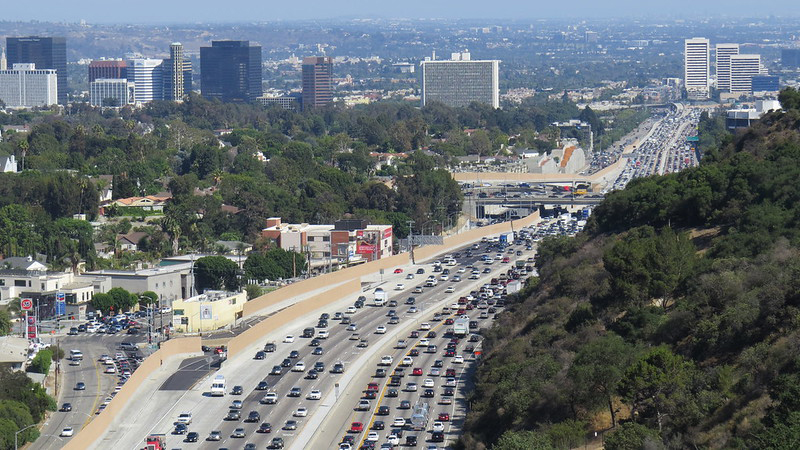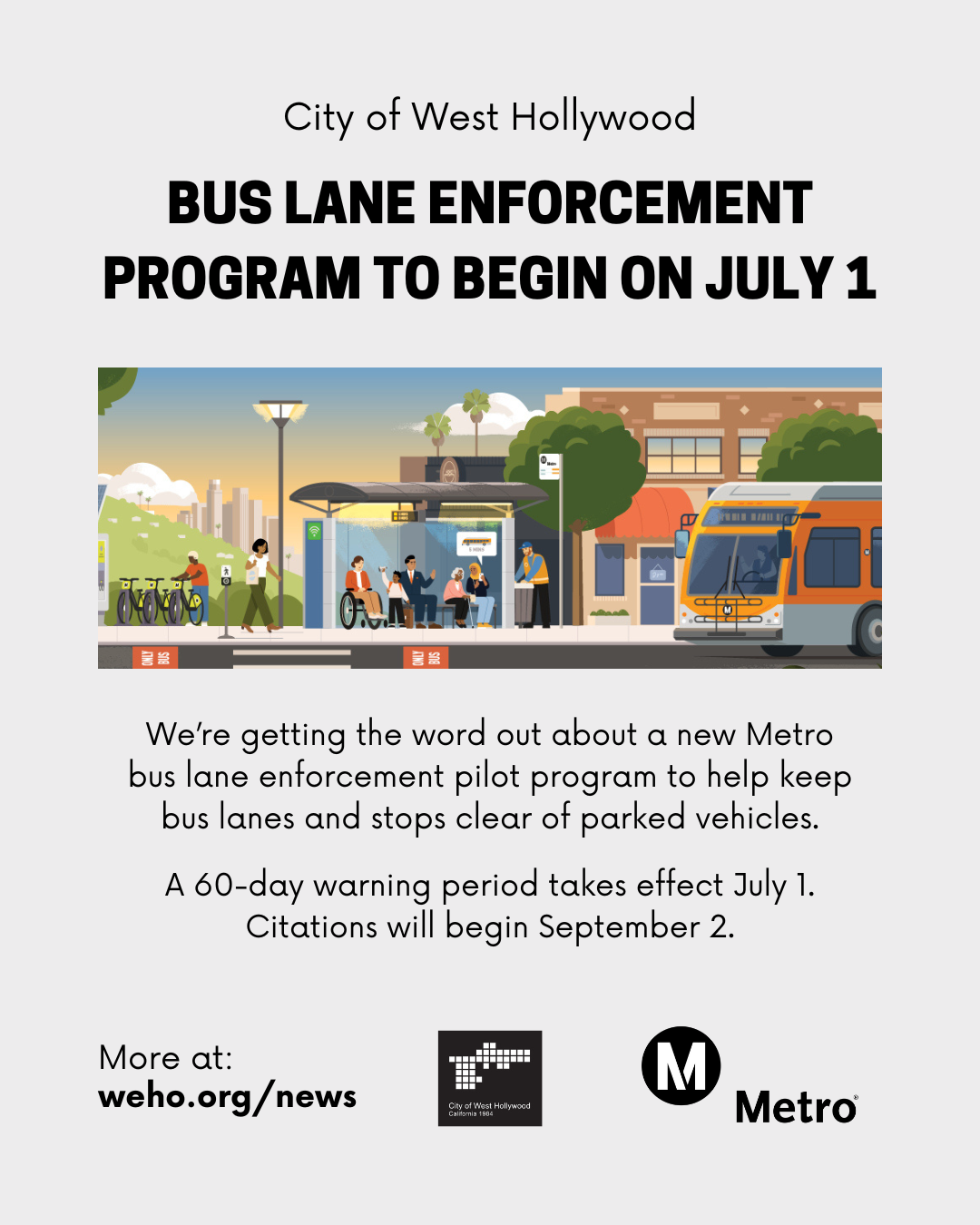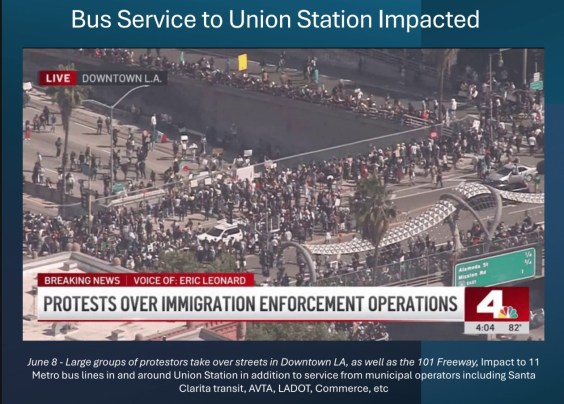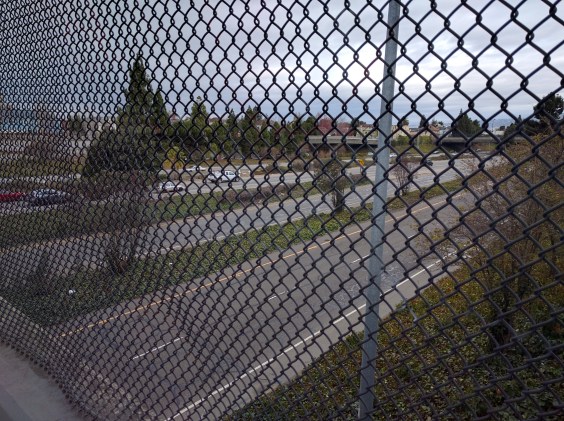Note: GJEL Accident Attorneys regularly sponsors coverage on Streetsblog San Francisco and Streetsblog California. Unless noted in the story, GJEL Accident Attorneys is not consulted for the content or editorial direction of the sponsored content.
Researchers at UC Davis just released results from a 2018 survey of local government planners in California that shows that cities and counties are well on their way to embracing a shift towards a better way to assess the effects of development and road building on traffic and the environment. The recent announcement by Caltrans that it, too, will now measure the amount of new travel rather than simply focus on congestion is just one more in a long line of falling dominoes.
The shift was set in motion a few years ago by S.B. 743, and ended with a recommendation from the Governor's Office and Planning and Research to junk Level of Service (LOS), which measures congestion, and replace it with Vehicle Miles Traveled (VMT) to determine the environmental impacts of transportation from new projects.
The survey, conducted by a team of researchers from UC Davis and ARUP, asked planners their personal views on the impacts of switching from LOS to VMT. Out of California's 58 counties and 481 cities, the researchers received responses from planners in ten counties and 67 cities. They pointed out a "slight" over-representation of urban areas, but wrote that "respondents from less-populous jurisdictions expressed their views more frequently in open-ended questions, and multiple respondents from urban areas raised concerns for rural areas."
The survey found that planners were more likely to regard VMT as an "appropriate metric" of transportation-related environmental impacts than LOS. Only a few believed that VMT is not an appropriate metric, with about four times as many saying that LOS was inappropriate.
Some of those who believe that VMT was not appropriate reasoned that it would put rural and suburban communities at a disadvantage. One planner wrote that those areas "will always have higher VMT than urban areas," which could mean that development there might face greater scrutiny and higher costs to mitigate the new travel, depending on how local and regional baselines are set.
Jurisdictions are still using LOS to determine development impact fees, and some areas plan to continue doing so. As of summer 2018, only a small percentage were using VMT for at least some new developments. But that may have changed since then, as more cities have adopted VMT as their preferred measure, and the Office of Planning and Research has released more guidance on how to use it.
And Caltrans has committed to using the new measure for its highway projects - at least for those that increase capacity.
About forty percent of the jurisdictions had already switched from using LOS even outside of the environmental review process, which is the only circumstance under which S.B. 743 requires a change. That, write the authors, "indicates LOS may not be as ingrained in local planning practice as generally assumed."
Not everyone is on board, though. One planner wrote: "VMT analysis doesn't provide an accurate assessment of the development impacts to the transportation network. As such we will conduct VMT for purposes of CEQA but use LOS to identify real impacts to our circulation system."
At the same time, only three planners said their jurisdictions would "exclusively" use LOS outside of the environmental review process. More than two thirds of the survey respondents said that it "remains to be decided" which of the two they would use going forward.
Find the survey write-up here.
Hat-tip to the State Smart Transportation Initiative.






